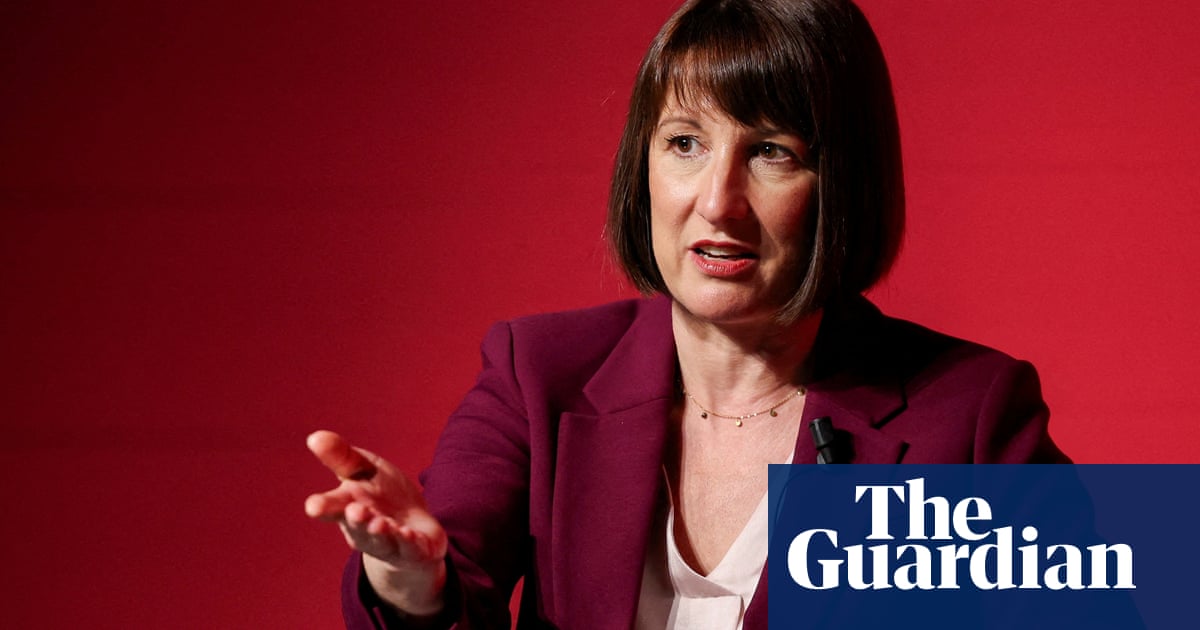More than 70 retailers, including Tesco, Marks & Spencer and Ikea, are lobbying the chancellor, Rachel Reeves, for a 20% cut to business rates, warning that the property tax could force tens of thousands of shops to shut.
In a letter to Reeves coordinated by the British Retail Consortium (BRC), executives are pushing the Treasury to introduce a “retail rates corrector” on the levy, which is a property-based tax charged by local councils and imposed on businesses including retailers, pubs, factories and company offices.
They argue that a 20% discount would help “level the playing field” for the sector, which they claim is paying more than its fair share of tax. BRC research suggests that retailers are paying 7.4% of all business taxes despite accounting for 4.9% of the UK’s total economic output in 2023. They say this has curbed investment and forced retailers to shut their doors, affecting local jobs.
Without swift action, the BRC said 17,000 shops could be forced to close over the next decade.
“This tax burden is having a detrimental socioeconomic impact on local communities through store closures and job losses – in two-thirds of the 6,000 store closures in the UK over the past five years, the rates bill had a material impact on the decision to close,” the letter said.
“Rates are also holding back current investments we want to make in pay and upskilling our people, in new and improved stores and in the technology that will support productivity and economic growth.”
The letter – which had been signed by bosses including the M&S chief executive, Stuart Machin, the Tesco UK CEO, Matthew Barnes, Aldi’s Giles Hurley, B&Q’s Graham Bell, Costa Coffee’s Nick Orrin and Ikea’s UK and Ireland CEO, Peter Jelkeby – is part of efforts to influence tax policy in the runup to the new Labour government’s first budget on 30 October.
However, a steep discount in business rates may be a tough sell, as the chancellor tries to plug what she claims is a £22bn hole in the public finances.
Figures provided by the BRC said that the retail sector paid more than £6bn in business rates last year, meaning that a 20% discount would cost the government about £1.2bn.
The retail sector has long complained about its tax bill. However, pressure mounted over the past two years, when an increase in inflation caused business rates to rise. The UK’s September inflation figure – which in September 2023 was 6.7% – is typically used to decide the annual increase in business rates.
In the party’s pre-election manifesto, Labour pledged to replace the business rates system in England with a fairer regime, saying the current arrangement disincentivised investment, created uncertainty and placed an “undue burden on our high streets”, However, it has yet to outline what that new system will look like.
The former Conservative government held several consultations on reforming business rates but failed to change the system during their time in office.
“Retail has been the golden goose, generating tax revenues far beyond the industry’s size, but the current situation is not sustainable,” said Helen Dickinson, the BRC’s chief executive. “The government should act to rebalance the system and ensure all industries are paying their fair share. This in turn would drive increased retail investment in people, places and communities.
“The budget is the perfect opportunity to lay the groundwork for local investment that delivers for retail’s customers, delivers for its employees, and delivers for the economy.”
A Treasury spokesperson said: “The chancellor has vowed to lead the most pro-growth, pro-business Treasury in the country’s history. Early action has already been taken to unlock investment to advance our national mission of growth.”
“The government’s manifesto committed to a fairer business rates system which levels the playing field between the high street and online giants, incentivises investment, tackles empty properties and supports entrepreneurship.”

